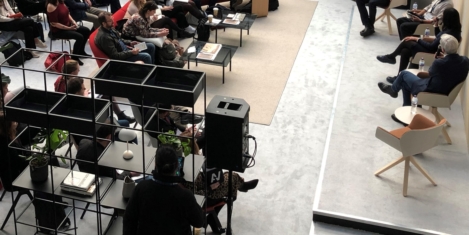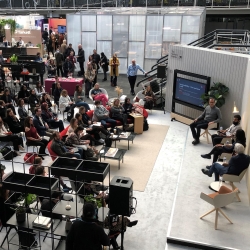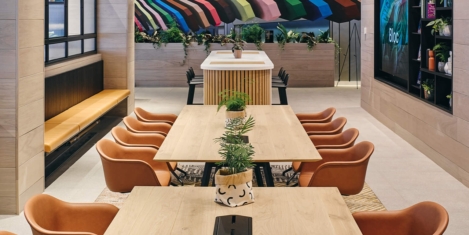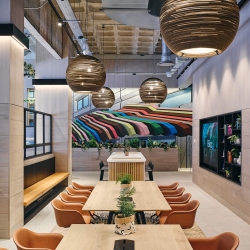October 12, 2022
People going back to basics in terms of what they want from work
 A new poll claims that growing economic uncertainty has forced employees to reprioritise what they want from their employers. People are increasingly interested in basics such as job security, a safe and comfortable workplace, salary and benefits, and a better workplace culture. The BCW Expectations at Work study [registration], which surveyed more than 13,000 people across five industries and 15 countries around the world, claims that one in two workers say they value the basics of job security (52 percent), workplace safety and comfort (50 percent), salary and benefits (49 percent) and workplace culture (48 percent) most out of 62 components across five dimensions of the employee experience. More →
A new poll claims that growing economic uncertainty has forced employees to reprioritise what they want from their employers. People are increasingly interested in basics such as job security, a safe and comfortable workplace, salary and benefits, and a better workplace culture. The BCW Expectations at Work study [registration], which surveyed more than 13,000 people across five industries and 15 countries around the world, claims that one in two workers say they value the basics of job security (52 percent), workplace safety and comfort (50 percent), salary and benefits (49 percent) and workplace culture (48 percent) most out of 62 components across five dimensions of the employee experience. More →


















 The first Omnirama event on the 23rd of March launched the series exploring different factors challenging the world of work in a time of prevailing uncertainty. Underlying Ominirama’s raison d’etre is that recent events have turned the status quo on its head with some major structural and systemic changes taking place. Nobody seems to have any clear idea of how to deal with this enormous transformation in the ways we work All the playbooks and all the guidance that we have all relied upon for so many years have now gone out the window.
The first Omnirama event on the 23rd of March launched the series exploring different factors challenging the world of work in a time of prevailing uncertainty. Underlying Ominirama’s raison d’etre is that recent events have turned the status quo on its head with some major structural and systemic changes taking place. Nobody seems to have any clear idea of how to deal with this enormous transformation in the ways we work All the playbooks and all the guidance that we have all relied upon for so many years have now gone out the window. 













August 3, 2022
We can re-imagine the future of human resources
by Richa Gupta • Comment, Workplace